Only 2.5% of the 150 members of the assembly that elects the Chief Rabbinate of Israel Council are women. Dozens of MKs have called on the Minister of Religious Affairs to increase representation, while MK (Yesh Atid) Aliza Lavie’s bill is on the way to the ministerial committee.
In anticipation of the elections for the Chief Rabbinate Council, dozens of MKs signed a call to the Minister of Religions David Azoulai, to include women in the assembly that elects the Chief Rabbinate Council. At the same time, a bill led by MK Lavie together with the Emunah women’s organization for women’s calling to secure slots for women, was on the committee’s agenda for Sunday, 25 Tammuz.
“A body that is supposed to represent the entire public cannot exclude half of it, an opportunity to correct a long injustice,” wrote a letter signed by 41 Knesset members and members of the various factions. Among them: Shuli Muallem, Eitan Cabel, Rachel Azaria, Ayelet Nahmias, Merav Michaeli, Yoel Hasson, Robert Ilatov and Nurit Koren.
According to the Chief Rabbinate of Israel Law, members of the Council (the supreme body of the Rabbinate in Israel) are elected by a body called the “Electoral Assembly” composed of 150 representatives, of whom 80 are rabbis and 70 representatives of the public, including heads of local councils, heads of religious councils, Minister of Religious Affairs and representatives of the Government and the Knesset. All 80 rabbis are of course men, but also among public representatives, there is an absolute majority of men.
According to Lavie, the purpose of the bill is to “enable appropriate representation of women in the body of the electing assembly, to correct the inherent problem in the vehicle and to prevent the exclusion of women from the decision-making process regarding the identity of the elected Rabbinate Council.”
According to her, the composition of the election assembly does not allow women to be properly represented by the fact that the 80 seats reserved for rabbis can include only men and the 70 seats reserved for public representatives are usually staffed by men due to the minority of women serving as heads of local authorities. This creates a structural problem of under-representation of women in the composition of the assembly.
The proposal seeks to change only the internal composition of the 70 public representatives, to reserve places for women and to ensure a minimum representation of at least 20% of the 150 members of the electorate.
“The real purpose of this letter is to correct a long-standing injustice and to lead a process that everyone benefits from – the general public and the rabbinate itself,” says MK Lavi. “The composition of the Chief Rabbinate Council directly affects the lives of Jewish women in the State of Israel. In a long line of areas, and I think it is clear to everyone that a body that is supposed to serve and represent the entire public cannot exclude half of it.”
It should be noted that in the previous elections for the Chief Rabbinate and the Council of the Rabbinate in 2013, Naftali Bennett served as Minister of Religious Affairs. Following the public criticism, Bennet appointed a number of women: Sarah Eliash, Liat Eshel, Nechama Gonen, Yael Dolev, Dina Han, Elisheva Horowitz, Dr. Idit Solberg, Nurit Fried, Brura Rabinovich, and Dr. Pinna Neuwirt.
The Knesset and the government elected four additional women. Ministers Uri Orbach z”land Limor Livnat and MKs Yisrael Eichler (opposition), Gila Gamliel, Aliza Lavie, Miri Regev and Yoni Chetboun.
(YWN Israel Desk – Jerusalem)




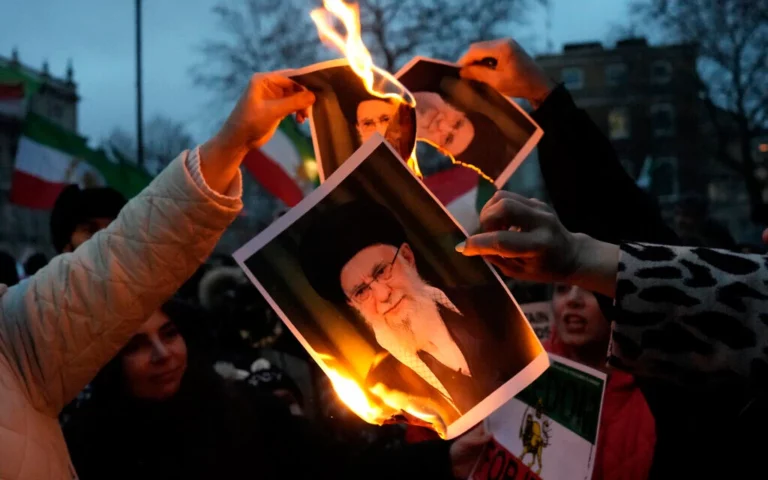


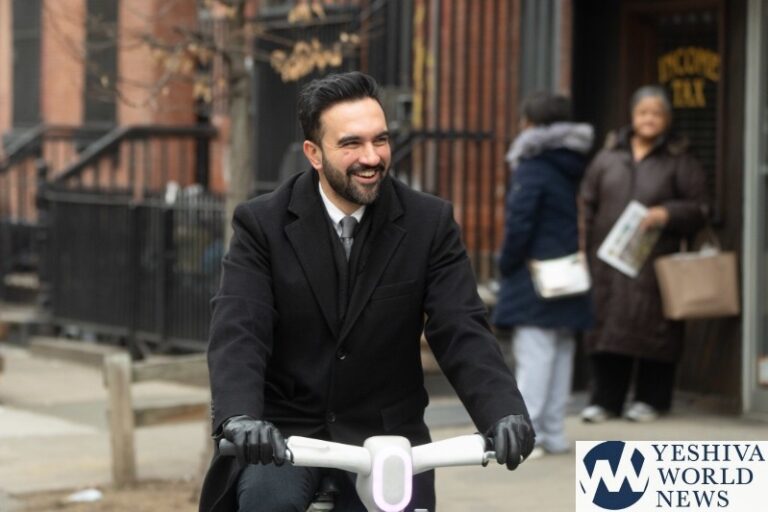
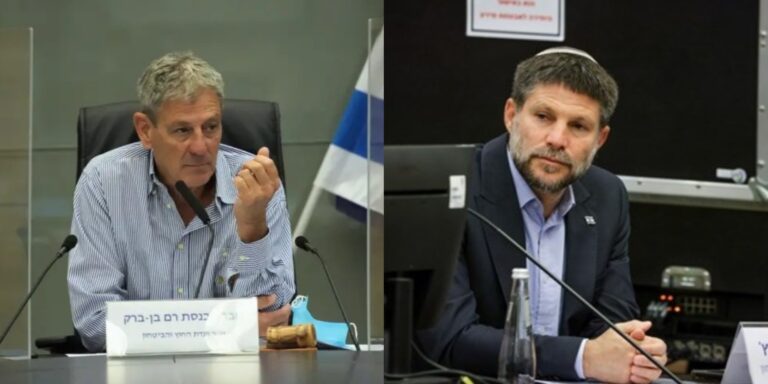
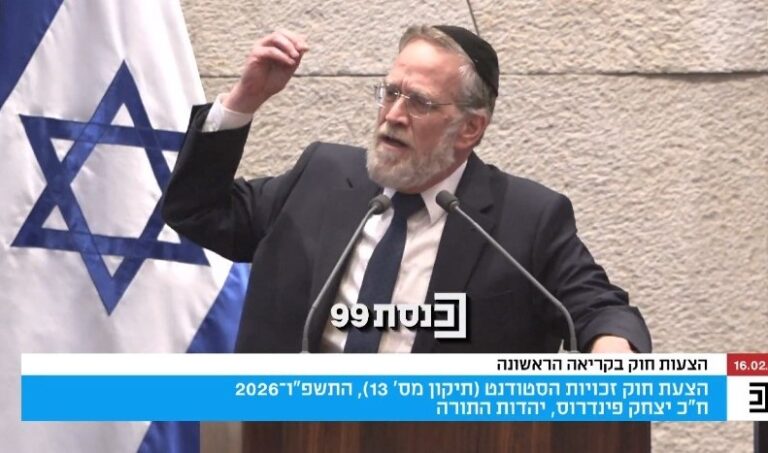
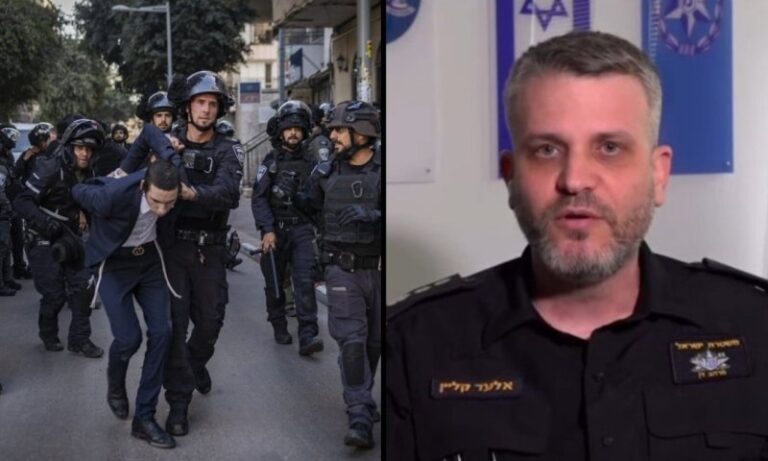
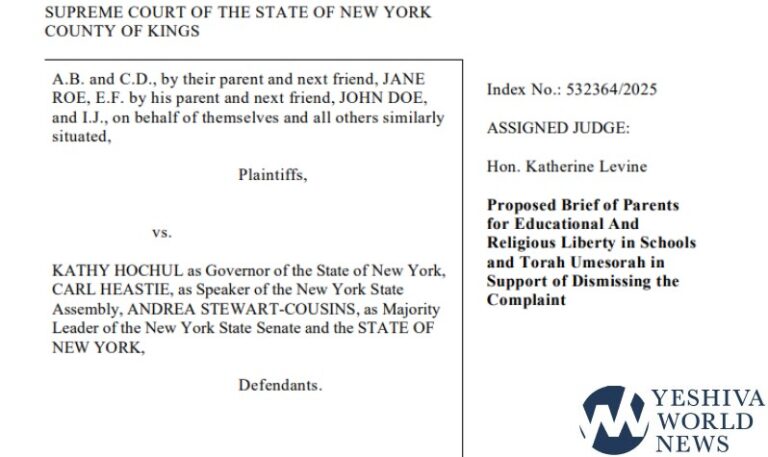
One Response
also more representation in minyon. like 5 women 5 men, no racism.
women should be allowed birkas kohanim etc and should be 1/2 n 1/2